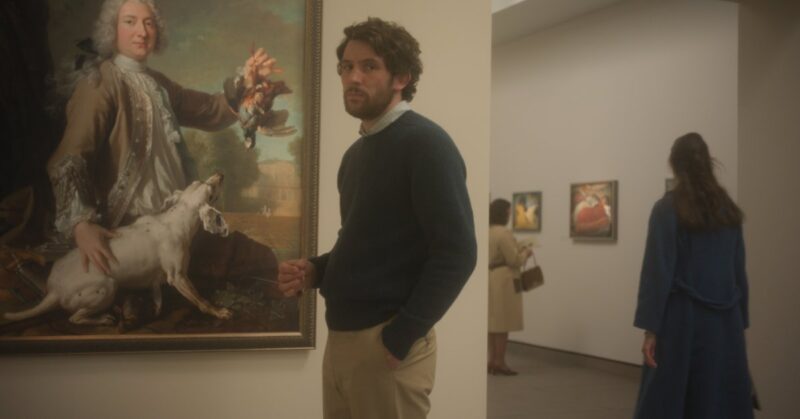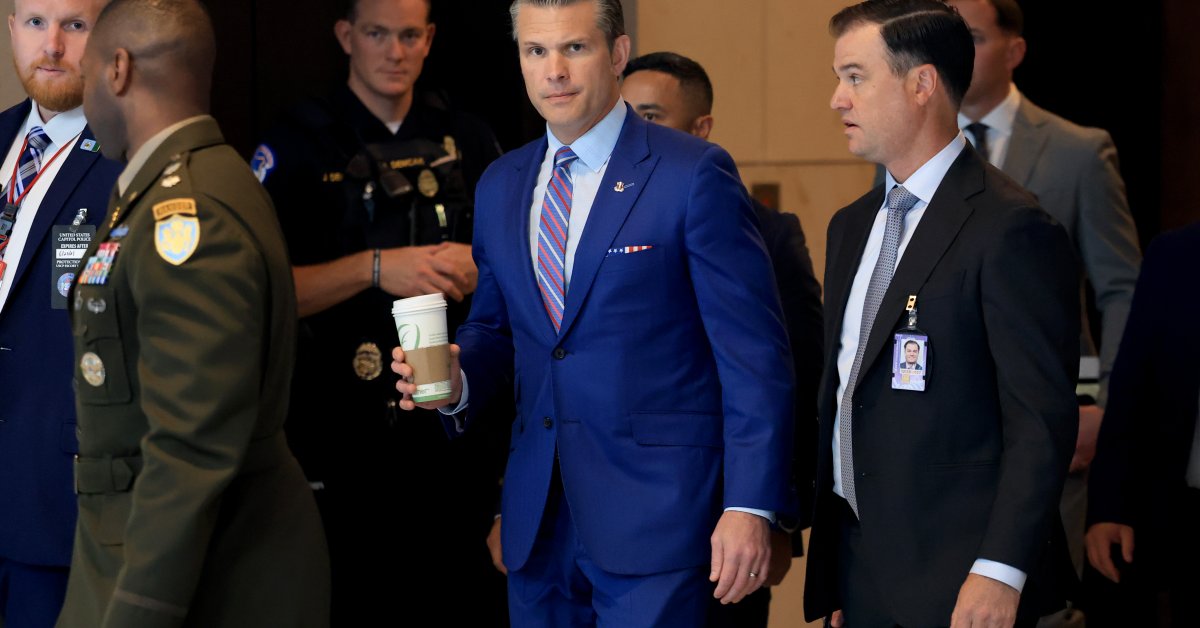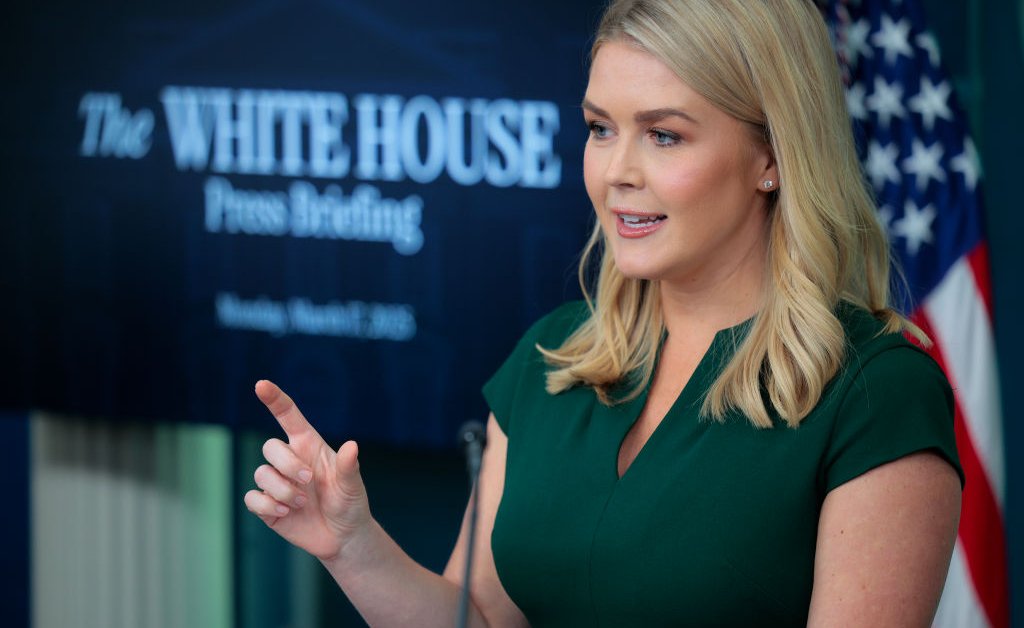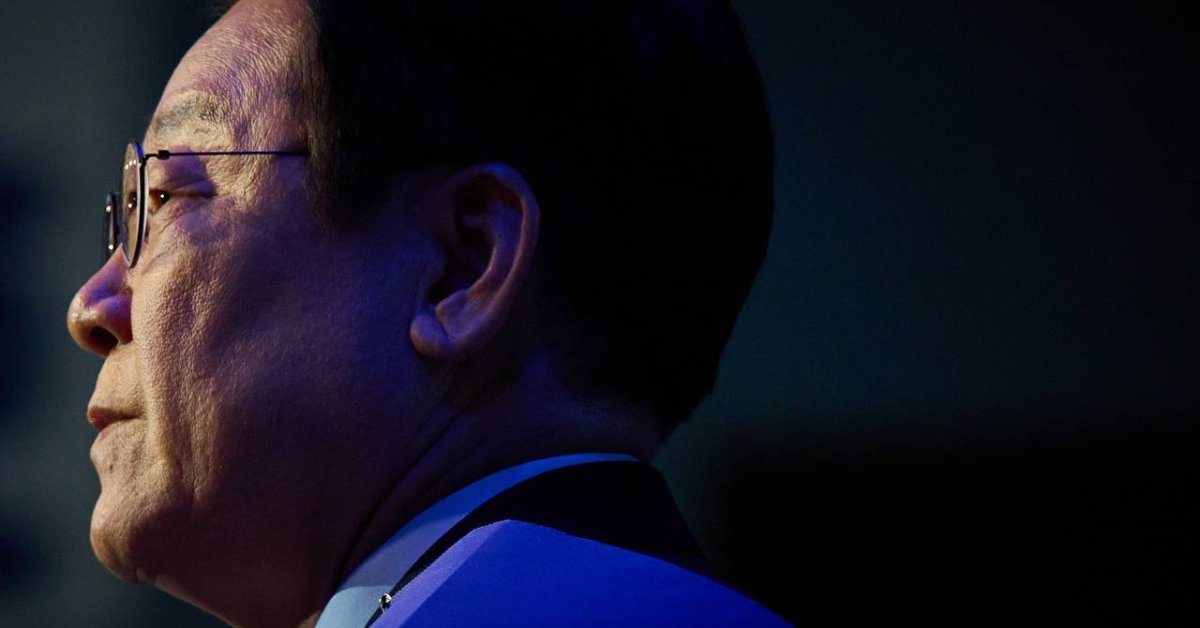Kelly Reichardt, the low-key filmmaker behind pictures like 2019’s First Cow, a study in masculine tenderness set in the 1820s Pacific Northwest, and 2022’s Showing Up, with Michelle Williams as a dedicated artist who’s wholly disinterested in social niceties, has never made a heist film. But there’s a first time for everything: in Reichardt’s subdued, vaguely melancholic sort-of comedy The Mastermind, Josh O’Connor plays a ’70s-era Massachusetts dad and husband, a judge’s son with the elegant tri-note name James Blaine Mooney, who hatches an ambitious plan to steal a quartet of paintings from the (fictional) Framingham Museum of Art, enlisting a couple of local goons to help. The theft takes up only about the first third of the movie. The rest of the time, we bear witness as James flails—and fails—to cover his tracks. This is a study of a privileged kid who’s never had to think about real-world consequences, the sort of character you might normally find it hard to care about. But Reichardt’s script—this one written without her frequent writing partner Jonathan Raymond—gives O’Connor a sturdy frame, and he gets straight to work. The Mastermind is a sneaky, undulating movie; it’s perhaps even less direct than Reichardt’s usual brand of sly, behind-the-beat filmmaking. But O’Connor’s slippery charms hold the picture steady. You never approve of J.B., but you feel something for him even so.
In the opening scene we see J.B., clad in the kind of worn-in Shetland sweater that whispers old money, wandering through the museum galleries with a sense of studious purpose. His wife Terri (Alana Haim) meanders nearby, experiencing the art in her own way, even as she tunes out the precocious chatter of one of the couple’s two grade-school-age sons. J.B. slips his hand into a glass case and removes a small carved wooden figure; he surreptitiously tucks it into his eyeglass case and drops the whole bundle into his wife’s purse, the kind of thing husbands do all the time when they realize their pockets are too small for all the junk they have to carry. Though we at first don’t know whether Terri’s in on this mini-con, she waltzes out of the museum without a hitch. J.B., on the other hand, stops right in front of the guard at the entrance to tie his shoe. His tiny crime has emboldened him, and the next thing you know, he’s amassing his little crew (they’re played, with varying degrees of bumbling wiliness, by Eli Gelb, Cole Doman, and Javion Allen) to steal four paintings by the American modernist Arthur Dove. At this point, J.B.’s plan seems as cool as anything you’d see in a Steve McQueen movie; Reichardt heightens the intrigue with a jazz-inflected score—by Rob Mazurek, of the Chicago Underground Trio—replete with skittering high-hat work and laid-back, honey-toned trumpets.
J.B. tells his gang that he can’t go along on the actual heist because he’s too familiar a face—he goes to the museum a lot. But the whole thing will be over be in eight minutes; all the guys need to do is enter the museum and drop the paintings into little canvas sacks. (They’ve been whipped up by an unwitting Terri on her home sewing machine.) The whole thing will be simple, he assures them, though for various reasons, it turns out not to be.
Bit by bit we learn more about J.B., though it takes a while before we have any idea why he stole those paintings—and even then, his motives aren’t crystal-clear. He’s an art school dropout and underemployed carpenter who’s living, along with Terri and the kids, under his parents’ roof. (Hope Davis plays his small-town-society mom; Bill Camp is dad, the kind of guy who makes his presence known at home by bloviating at the dinner table.) After the theft, when everyone is out of the house, J.B. removes the paintings from their little sacks and holds one of them up above the family couch, marveling for a moment at the sophisticated effect. That he’s wearing droopy, faded boxers and socks makes the moment both funny and weirdly poignant. What, exactly, is this guy looking for in his life? We’ll never quite know.

But that’s the point, and part of The Mastermind’s sneaky, shaggy-dog power. It turns out that the authorities catch on to J.B. rather quickly. He tries to appease Terri, who’s finally realizing her husband has been up to no good, though you get the idea that he’s always been nearly as opaque to her as he is to us. Now he’s got to get out of town, fast. He heads out to the country, making a stop at the home of his closest friend, Fred (the always-great John Magaro), an old art-school buddy, who chuckles over J.B.’s miserably failed caper. But it seems that Fred’s wife, Maude (Gaby Hoffman), also an old schoolmate, has always had J.B.’s number, and she doesn’t want him hanging around. She and Fred dress him up in a change of clothes—worn corduroy jacket, baggy pants, duffer’s tweed cap—and put him on a bus to nowhere. He looks like a down-and-outer from a 1930s movie, anonymous and ready to ride the rails.
The Mastermind is two things: The first is a portrait of a hoodwinking bumbler who’s gotten by on charm his whole life, at last forced to reckon with his actions. Scene by scene, Reichardt reminds of the world J.B., in his self-absorption, has been hiding out from. Her movie is a vision of crumpled-cigarette-package 1970s Americana, a place where people drink Schlitz from the can, where they’re just trying to get through the day without being too fixated on the war raging on the other side of the world.
In fact, J.B. seems to have ignored the Vietnam War entirely. It’s background noise for him, a thing that buzzes annoyingly on the news. He has no interest in protests—he seems to be barely aware they’re happing. O’Connor is the kind of actor who can play this kind of self-centered puppy-dog haplessness and keep us on his side. His J.B. seems well-bred and thoughtful on the surface, but he actually vibrates with a kind of rumpled toxicity. You shouldn’t marry or have kids with a J.B.—but you also shouldn’t blame yourself for falling for one. As J.B. escapes deeper into the Midwest—he eventually ends up in Ohio—the landscape becomes more distinct while he gradually fades. As shot by Reichardt’s frequent collaborator Christopher Blauvelt, this greater, bigger world has a workaday realness, the opposite of J.B.’s genteel deceptiveness. But then, he’s really just a sad nowhere man, and as the movie’s final shot suggests, soon he’ll be painted right out of the picture, so thoroughly vaporized that you’d never know he’d been there at all. The grandest plan of his life has come to naught. But for a moment we had the pleasure of watching him put it into action, and of believing in it just as much as he did. We fell for the J.B. illusion, until both the magician and the magic disappeared before our eyes.








